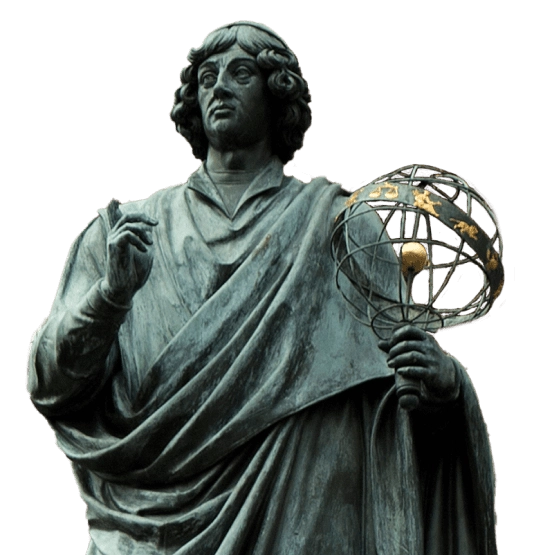The Royal Swedish Academy of Sciences has announced the winners of the Sveriges Riksbank Prize in Economic Sciences in Memory of Alfred Nobel for 2025. The prestigious distinction was awarded to Joel Mokyr, Philippe Aghion, and Peter Howitt for explaining how innovations drive long-term economic growth.
Half of the prize went to Joel Mokyr of Northwestern University in the United States “for having identified the prerequisites for sustained growth through technological progress.” The other half was shared by Philippe Aghion (Collège de France, INSEAD, and the London School of Economics) and Peter Howitt (Brown University) “for the theory of sustained growth through creative destruction.”
For most of human history, stagnation was the norm—despite occasional discoveries and inventions, economic growth always eventually slowed. Only over the past two centuries has the world experienced an unprecedented period of sustained economic growth, which has lifted billions of people out of poverty and laid the foundations for modern prosperity.
This year’s laureates have explained the mechanisms behind this breakthrough. They demonstrated that a continuous sequence of technological innovations drives development, creating conditions for further discoveries, new products, and production methods that replace old solutions in a never-ending cycle.
Drawing on extensive historical sources, Joel Mokyr showed that practical knowledge alone is not enough—for innovations to accumulate and reinforce one another, scientific explanations of why certain solutions work are also necessary. Equally important are society’s openness to new ideas and its willingness to embrace change.
Philippe Aghion and Peter Howitt, in 1992, proposed a mathematical model of creative destruction, in which new technologies and products displace older ones, changing the structure of the market. Innovation is therefore both creative—because it introduces something new—and destructive, because it undermines the position of firms relying on outdated solutions.
The Nobel Prize in Economics is officially called the Sveriges Riksbank Prize in Economic Sciences in Memory of Alfred Nobel. It is the only Nobel Prize that was not included in Alfred Nobel’s will. It was established in 1968 by Sweden’s central bank, the Sveriges Riksbank, to mark its 300th anniversary. The Nobel Committee approved the initiative, and since 1969 the award has been presented annually.






